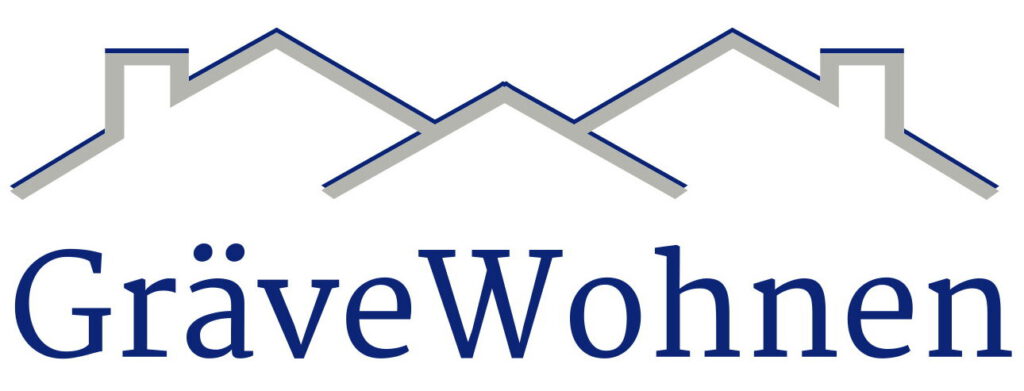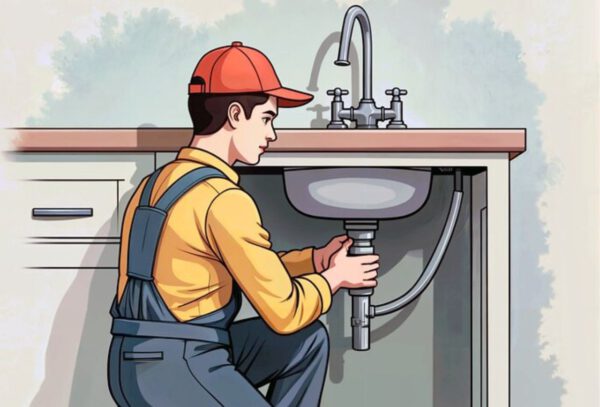Pipe Blockages – Causes, Prevention and Solutions
Pipe blockages can not only be unpleasant but also lead to serious damage and high costs. A clogged pipe can hinder water flow, cause unpleasant odors, and, in the worst case, result in flooding or structural damage. However, with the right measures, blockages can often be avoided.
Common Causes of Pipe Blockages
- Food Residues and Fats
In the kitchen, grease, oil, and food scraps are among the main causes of blockages. Grease accumulates on the pipe walls and forms a solid mass over time. - Hair and Soap Residues
In the bathroom, hair and soap residues are the most common culprits. Hair gets caught in the drain and forms a sticky layer with soap residue. - Wet Wipes and Hygiene Products
Wet wipes, cotton swabs, and feminine hygiene products should not be flushed down the toilet as they do not dissolve like toilet paper and can cause blockages. - Limescale Deposits
In areas with hard water, limescale can accumulate in the pipes and reduce water flow. - Foreign Objects
Small objects, toys, or other foreign materials can accidentally enter the drain and cause blockages.
Preventive Measures Against Pipe Blockages
- Do Not Pour Grease or Oil Down the Drain
Instead, dispose of food scraps and grease in a separate container. - Regularly Remove Hair
If you shave in the shower or in front of the mirror, dispose of fallen hair in the trash rather than the drain. Use a drain strainer in the shower and sink to catch hair before it enters the pipes. - Use the Toilet Only for Toilet Paper
Hygiene products, wet wipes, or cotton swabs belong in the trash, not the toilet. - Regular Cleaning
Flush drains regularly with hot water and occasionally use household remedies such as vinegar and baking soda to dissolve deposits. - Use a Water Softener
In areas with hard water, a water softener can help reduce limescale deposits in the pipes.
Solutions for Clogged Pipes
If a blockage does occur, there are various ways to remove it:
- Hot Water
Slowly pour hot water down the drain to dissolve grease and soap residues. - Plunger
A plunger can remove many blockages using suction pressure. - Baking Soda and Vinegar
A mixture of baking soda and vinegar can dissolve deposits and clean the drain. - Drain Snake
For stubborn blockages, a drain snake can help clear the pipe. - Professional Help
If home remedies do not work, it is advisable to let the landlord hire a professional to prevent further damage.
Conclusion
With the right precautions, pipe blockages can often be avoided. Conscious use of drains and regular cleaning help prevent deposits and avoid costly repairs. If a blockage does occur, there are several methods to resolve it before professional help is needed. Prevention is the best protection!



